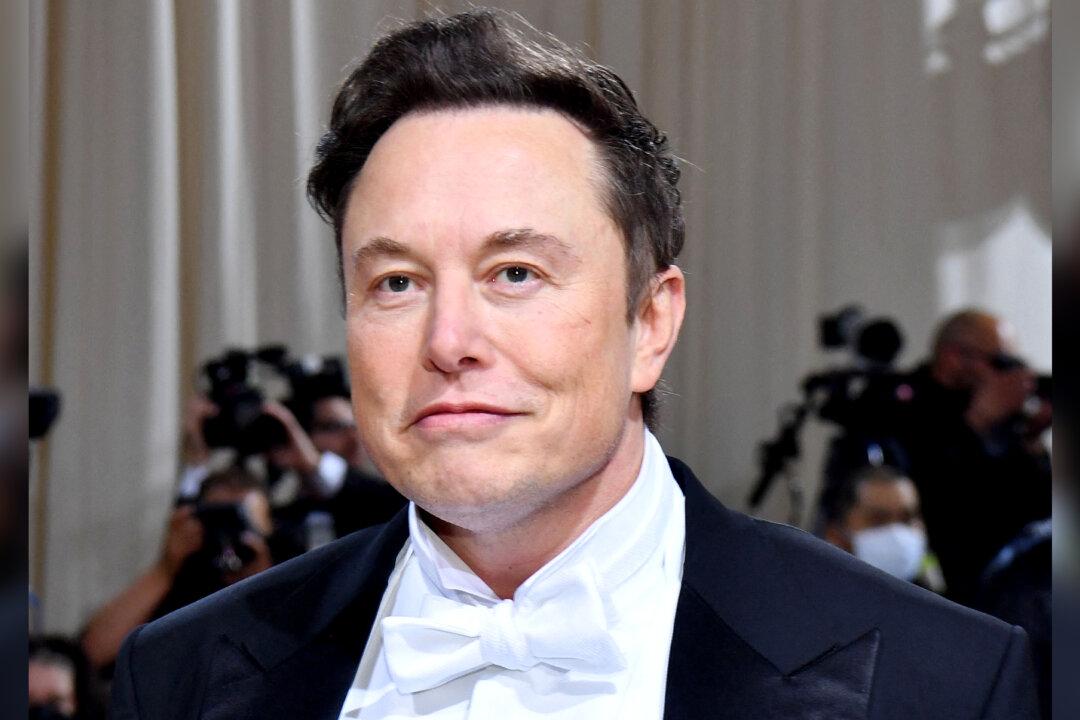Elon Musk in a countersuit has accused Twitter executives of fraudulently presenting an undercount of fake users, known as bots.
Twitter in July sued Musk for withdrawing from a $44 billion acquisition agreement, alleging he breached the agreement.

Elon Musk in a countersuit has accused Twitter executives of fraudulently presenting an undercount of fake users, known as bots.